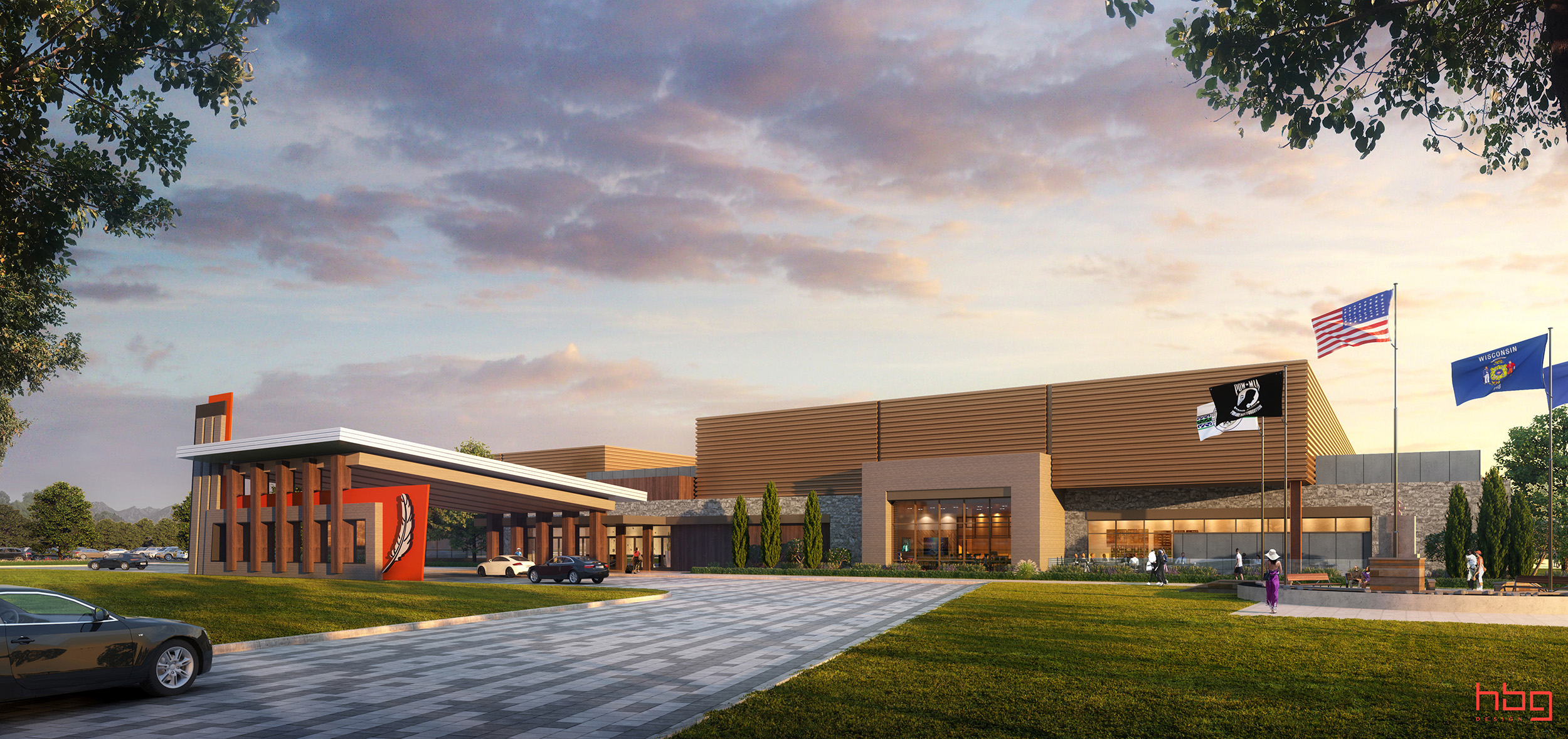President Trump signed multiple executive orders today tackling immigration, including one that begins the process of building a wall between the U.S. and Mexico. We talk to an expert about Trump’s immigration policy. It’s been an eventful first week of the Trump Administration, with executive orders impacting pipeline projects and the Affordable Care Act. A political reporter joins us to break down the details. We also learn more about the effects that the expansion of a Ho-Chunk casino in Wittenberg could have on other local tribes.
Featured in this Show
-
Trump Says U.S.-Mexico Border Wall Construction Will Begin Immediately
In a set of executive actions, President Trump started moving forward on some of his immigration promises today. An expert talks to us about the President’s plans to begin constructing a wall between the U.S. and Mexico, tackling sanctuary cities, and more.
-
This Week In Washington – January 25, 2017
Harry Enten, senior political writer and analyst for FiveThirtyEight, joins Central Time for our weekly look at some of the most interesting issues in national politics.
-
Ho-Chunk Casino Expansion Worries Other Wisconsin Tribes
The expansion of a Ho-Chunk gambling facility in Wittenberg has some local Wisconsin tribes worried about their communities and economies. We talk to the general counsel of a tribe who says the community he serves could lose a large fraction of its revenue if the casino expansion moves forward.
-
Wisconsin Tribes In Dispute Over Ho-Chunk Casino Expansion
The Ho-Chunk tribe is expanding its casino in Wittenberg, Wisconsin and that has other tribes concerned about the impact it could have on their own revenue.
Wisconsin’s Stockbridge-Munsee band of the Mohican North Star tribe commissioned a market study to assess the impacts that the Ho-Chunk’s planned expansion would have, given that the casino market in Wisconsin is already considered to be saturated.
The report estimated that seven other tribes would lose $33 million in revenues from 11 casinos. The Stockbridge-Munsee would come out as the biggest losers, according to the report, with a revenue loss of $22 million, or 37 percent of their casino revenue.
Attorney Dennis Puzz, the Stockbridge-Munsee general counsel, said the Ho-Chunk expansion is illegal under the compact signed between the Ho-Chunk and the State of Wisconsin in 2003, during the tenure of Gov. Jim Doyle.
The Stockbridge-Munsee are pointing to what they see as the specifics of the compact that this expansion violates. Puzz said while the compact allowed the Ho-Chunk to have more secondary casinos, it does not allow for more primary, full gaming facilities.
The conditions that the Stockbridge-Munsee say are not being honored are that the facility would have to be in a single building, that the non-gaming revenue exceeds that brought in by gaming and that the footprint of the non-gaming area is larger than the gambling facility.
“If you go to the Wittenberg facility now, you’ll see that it violates all three of those provisions,” Puzz said.
Puzz said the impact would go beyond the tribes that are affected. The Stockbridge-Munsee, for example, are the largest employer in Shawano County, and also provide law enforcement, funding for roads and other infrastructure, as well as other services to the community.
While the Stockbridge-Munsee want the state to intervene, lawmakers and officials from the Department of Administration say in their reading, the compact is not clear on what action if any could be taken.
Puzz said the Stockbridge-Munsee have specifically asked the state to retain outside counsel with expertise in gaming compacts to help the administration interpret what the compact does and does not allow, and to advise on actions that could be taken. He said that this was done when debates over a proposed Kenosha casino were happening.
“The state has a duty under the compacts to enforce them, and with the interpretation of the three limitations that exist in the compacts now for ancillary facilities for the Ho-Chunk nation, the state has a duty to enforce those,” Puzz said. ” And we hope with an outside attorney advising them on the proper interpretation of the compact they will step forward, regulate Indian gaming in Wisconsin as they’re supposed to, and enforce the compact.”
Gov. Scott Walker said in October that there’s legally nothing he or his administration can do to prevent the expansion.
If the state of Wisconsin does not intervene, Puzz said the Stockbridge-Munsee will continue to pursue their complaint.
“All options are on the table. If the state fails to move forward and enforce the compacts, we have to look at all options available to us under the compacts,” Puzz said. “There’s multiple dispute resolution processes available; arbitration, mediation. Law suits are also available. And we are exploring all options because we cannot allow an illegal casino expansion to occur and have this kind of impact on the community.”
Episode Credits
- Rob Ferrett Host
- Veronica Rueckert Host
- Haleema Shah Producer
- J. Carlisle Larsen Producer
- Karthick Ramakrishnan Guest
- Harry Enten Guest
- Dennis Puzz Guest
Wisconsin Public Radio, © Copyright 2025, Board of Regents of the University of Wisconsin System and Wisconsin Educational Communications Board.

